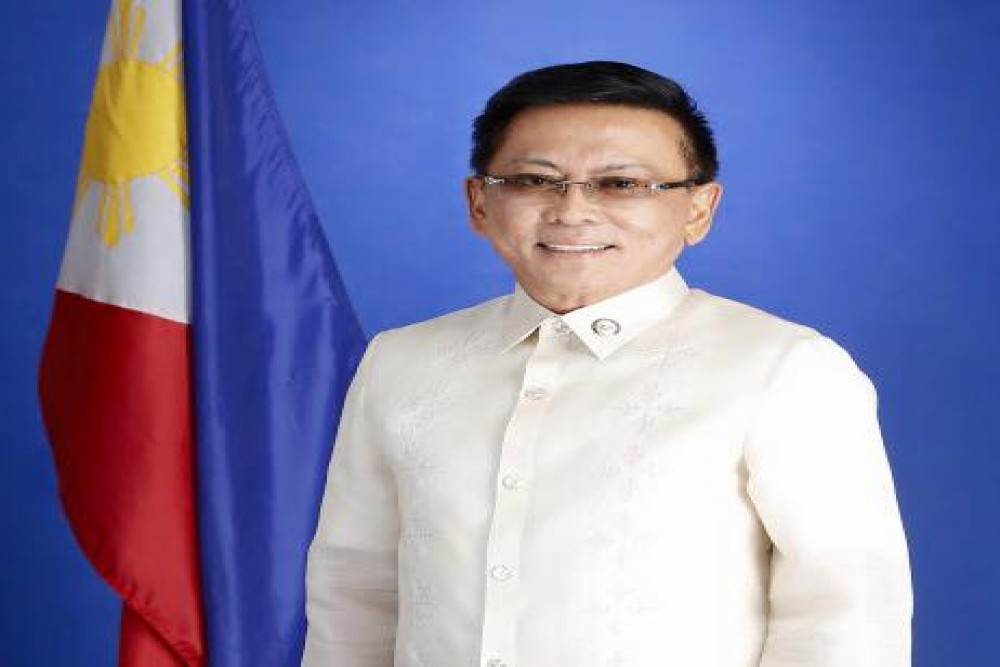Amid recent discussions on economic Charter Change (Cha-Cha), House Appropriations Vice-Chairperson and Aklan 2nd District Rep. Teodorico Haresco Jr. said adopting the economic amendments to the Constitution will usher in a new era of growth and prosperity for the Philippines, propelling it to upper middle-income status by 2025, in line with the vision of the Marcos administration.
“We need to expand our capital, technology, and entrepreneurship opportunities to create more jobs and compete globally. Economic transformation for the Philippines requires fellow public servants and fiscalizers to maximize opportunities for job creation, innovation, and international cooperation,” the veteran economist-solon said.
Haresco made this remark after comparing the numerous times other ASEAN countries amended their constitutions for economic growth with their respective Gross Domestic Product (GDP) per capita, a core indicator of a country’s economic performance and well-being.
“For more than half a decade, the Philippines have been lagging behind our ASEAN counterparts. In 1967, we ranked third among ASEAN Founding Member countries, following Singapore and Malaysia. Now, we ranked last among the five,” Haresco said.
Haresco noted that these ASEAN countries have been ‘dynamically amending’ their Constitutions to spur economic development reflective of global changes.
Singapore has had nine amendments to their Constitution since 1965; Malaysia amended 61 times since 1957; Thailand has had 20 constitutions and charters since 1932; and Indonesia with four amendments since its creation.
“Compelling data shows that while our economy may be growing, the well-being of our people are falling behind our ASEAN neighbors. Revisiting the Constitution and amending restrictive economic provisions, specifically on foreign ownership, will be key to maximizing our economic potential and ushering in the President’s vision of a Bagong Pilipinas, a new era of prosperity, innovation, and invigoration for the Filipino people,” Haresco added.
Haresco emphasized that the ultimate safeguard for the Constitution is to ensure that no restrictive economic policies hinder the full potential and well-being of its people, as envisioned by Resolution of Both Houses (RBH) No. 6 approved by the House of Representatives led by Speaker Ferdinand Martin Romualdez, and in line with the transformative vision of the Marcos administration for a ‘New Philippines’.
Recent report shows that the Philippines is among “Asia’s striving tiger cubs” that are likely to be the fastest growing economies this decade, according to Nomura Global Markets Research.
In its “Asia Macro Outlook 2024” report, Japan’s biggest investment bank named the Philippines, India and Indonesia as the economies poised to corner the biggest foreign direct investments (FDI) in the coming years, which should help these countries supercharge their economies.


